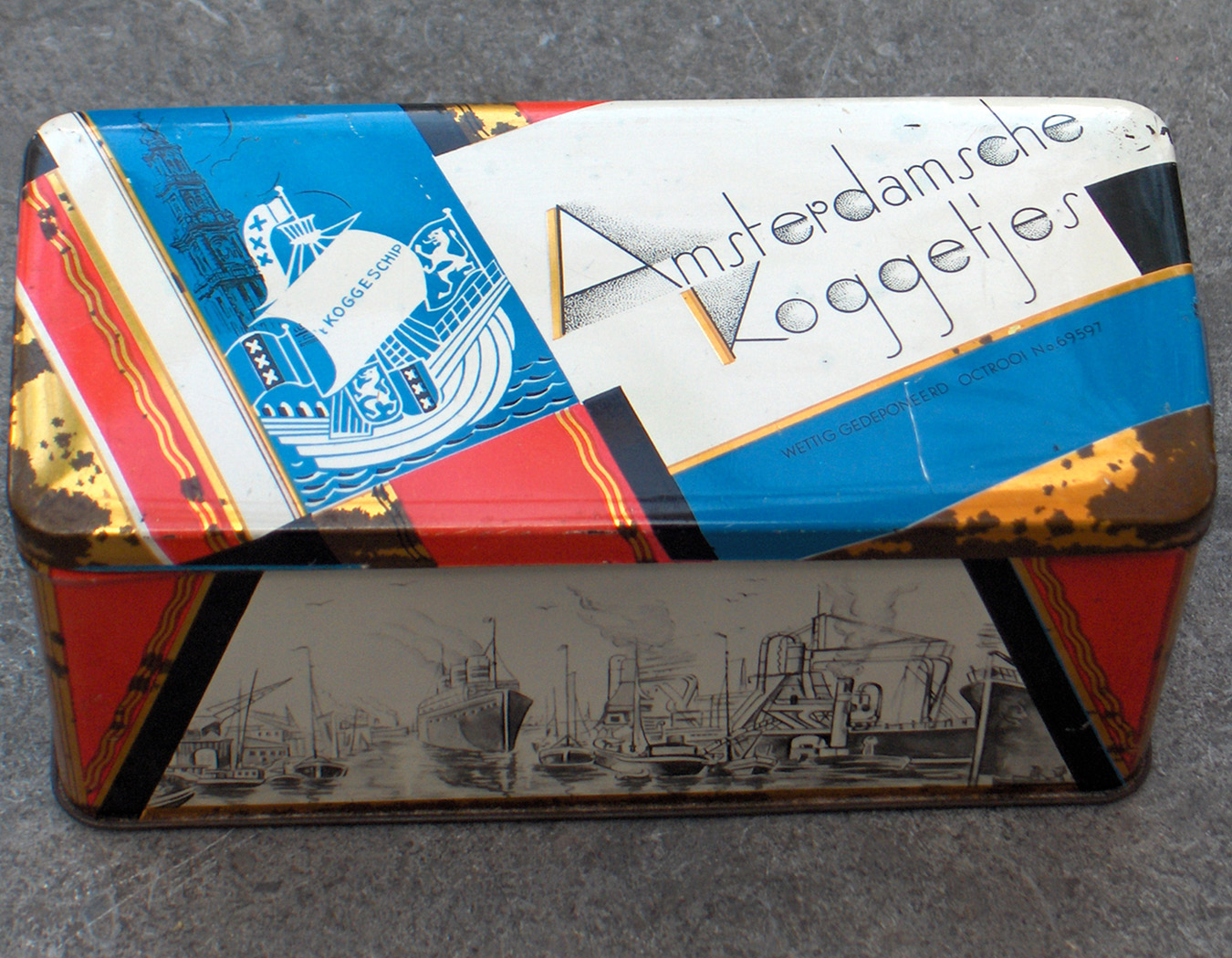
Lily King Euphoria Reviewsnap
Book Summary. From New England Book Award winner Lily King comes a breathtaking novel about three young anthropologists of the '30's caught in a passionate love triangle that threatens their bonds, their careers, and, ultimately, their lives. EUPHORIA by Lily King I recently listened to Lily King’s novel EUPHORIA, downloaded from the Maine library system. This novel was listed among the years ten best in 2014 by The New York Times.
Image by Laura Lewis. In 1978, when the villagers of Pere, New Guinea, learned of anthropologist Margaret Mead’s death, they rested for seven days and planted a coconut tree in her memory. This was how they honored “big men.” Mead was indeed a “big man,” an anthropologist of Oceanic cultures who studied gender and family, living for months in the field and authoring the seminal Coming of Age in Samoa (1928). A professional of great rigor—she donated to the Library of Congress a full record of her methods in the field, including notes and letters, comprising half a million items—Mead strove in her work to strike down barriers between academy and public life. Her commitment to public service saw her serving on organizations from the National Council for Negro Women to the Committee on Food Habits during WWII. Descargar gratis atube catcher xpo logistics. It is perhaps no surprise that a woman so morally engaged in the world repeatedly came under criticism. Often, she was lambasted for her supposedly “unscientific” and “impressionistic” research methods.
“Each time I write something about ‘how I really do it,’” she once complained, “they use it to show that I’m not to be trusted.” In the 1960s and 70s, Mead faced derision for her participation in the American feminist movement. Her personal life wasn’t any easier.

Mead was married thrice, and admitted that she loved her third husband, Gregory Bateson, whom she met in the South Pacific, the most. (She called her first marriage a “student marriage.”) She was devastated when Bateson left her. Mead’s life—in particular, her ethnographic and personal trials in the far-flung tropics—inspired author Lily King’s latest novel,. Set in the interwar period, in a region of Papua New Guinea, Euphoria follows three anthropologists whose intellectual devotions and personal frailties grow increasingly intertwined. The narrator, Bankson (a subtly disguised Bateson) grows desperately attached to his married companions.
He helps them find a research site, a village he cunningly chooses close to “his” village, and thinks of “how to keep them, how to keep them.” The married pair, though seemingly secure, struggle with failure and loneliness—sentiments that turn savage in the field. But while romantic strife certainly animates the novel, Euphoria is equally, and refreshingly, attentive to the passion of work and the joys of intellectual adventure. Taking up the fundamental condition of being an anthropologist, the book evinces a fascination with the position of the outsider—and the observer. It is a role King is familiar with, having grown up in Massachusetts with stepparents and step-siblings, in families with varying operating principles. “Even though they were all in my hometown, they had different cultures, different ideas of what was acceptable behavior,” King recalls.
“When you’re in a situation like that early on, you really become an observer.” Family and belonging have long preoccupied King’s work. Her first novel, (1999), followed an American au pair’s fraught involvement with a French family. In (2005), she wrote of a boy seeking to comprehend his mother’s violent past, and in (2010), of a daughter’s loyalty to her father. Zentrix deutsche filme 2017. The world of early twentieth-century anthropology is a departure for King, but by any measure, a superb success. In her New York Times review, Emily Eakin called the book “a taut, witty, fiercely intelligent tale” which is “as uncanny as it is transporting.” The book went on to earn a place on the New York Times Book Review’s 10 Best Books of 2014.